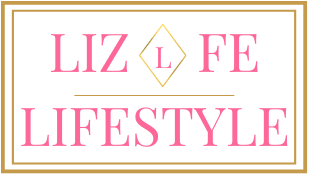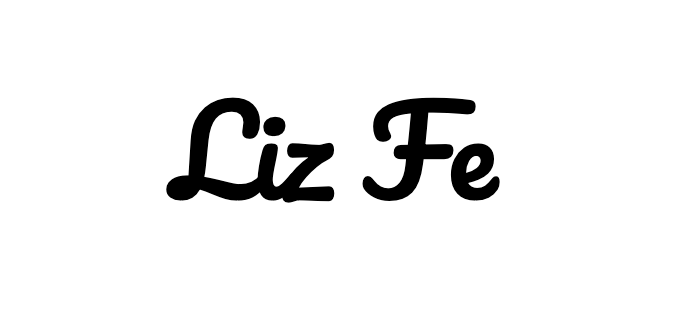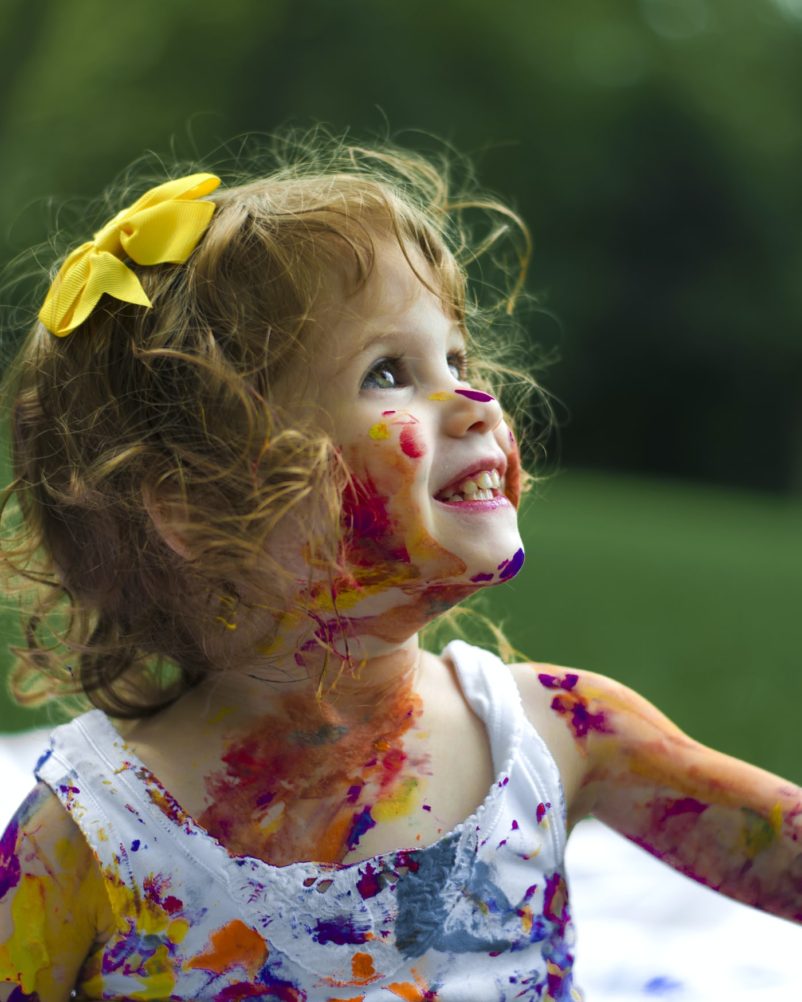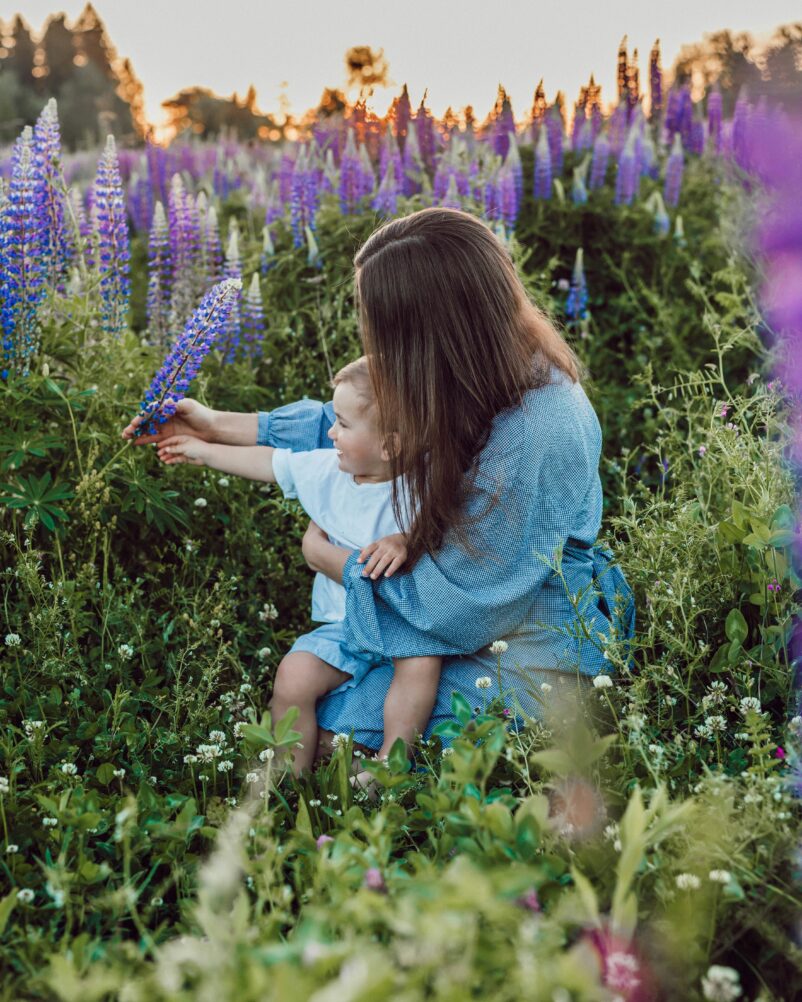
An everyday struggle of Black women is being ignored by society and feeling invisible. There is an idea ingrained into society that Black women have to have features and personalities that are not assigned to “typical” Black women for them to be considered interesting and desirable to the rest of the world. Black women do have distinct features, such as bigger lips, noses, and curvier figures, but women who have more European, Asian, or Hispanic features are seen as more exotic and worthy of special attention.
The other way Black women avoid being average in the eyes of society is constantly being perfect. Their social media is full of beautiful pictures of them in stylish outfits and full faces of makeup. So Black women who post pictures with plain faces, casual outfits, or don’t have any features apart from the majority of the community, are considered average and invisible. This originates from a white supremacist idea that Black people can only be special when they are as far as possible from Blackness. For example, this is why lighter-toned Black women are treated better and preferred for relationships over darker-toned Black women.
Women in the entertainment industry are especially vulnerable to feeling the pressure of trying to be more than “average”. The entertainment industry already expects women to be unique and set apart from ordinary women, so Black women are held to an even higher standard to find details about themselves that make them less of a “plain Black woman” and more of a gorgeous, exotic, or quirky woman. Black female celebrities have an expectation to be constantly in makeup, impressive clothes, and flawless hair, or else they are at risk of being bullied online and in tabloids. If they happen to have a more European nose or daintier features, it is easier for them to be seen as special and perhaps even better than the average Black woman because they don’t look like a majority of them.
This is why the world has entertainers with names like LightSkin Keisha. On top of that, they have to maintain the hardworking, boss attitude along with their look to be considered special in society or else they’ll be average, which society has made into an ugly thing for Black women to be due to how much they are ignored. This is seen on social media too. Instagram specifically is a place for women who aren’t celebrities to become known and admired by thousands or millions. There are Black women who simply post pictures of the outfits they wear to the farmer’s market or the new fancy pajamas they just bought, and are praised for it. This is most likely because there is something about them that, in society’s eyes, makes them more special than other Black women, which makes them worth following on social media.
Along with the white supremacist ideal of being set apart from the Black community to be special, the average Black woman experiences problems with self-esteem, self-image, and overall worthiness. They see Black women that are praised for having supermodel or foreign looks, so they begin to think they can’t be special until they find a feature about themselves that matches these “special” women. They start giving themselves titles that take the attention away from their Blackness and mold their personalities around one of these special features.
For example, some lighter-skinned Black women have usernames like LightSkinSasha and other women might have usernames like ForeignGirlJasmine. Black women who don’t look foreign or have light skin feel as though they have to search for anything about themselves that is not reflective of the Black community. This is not to say that women who have usernames or stage names like this hate themselves, but the internalized white supremacy that is wherever they go, social media, dating apps, and face-to-face interactions, makes them feel that they cannot be a desirable Black woman if there are not non-Black details about them. For the average Black woman, it’s almost a confusing message. This idea stares them in the face and says, “You can be Black, but what else?”
The use of stage names and usernames with the words “light skin” was previously discussed, but in everyday life Black women’s worthiness is decided based on the lightness or darkness of their skin. Thanks to the white supremacy still ingrained in the Black community and society, lighter-toned Black women are seen as prettier, nicer, less ghetto, and overall better than their darker-toned sisters.
This has led to a number of darker women hating their skin tones because they see lighter-toned women being praised and loved simply for having the skin they do. This is a prime example of another element of the invisibility of the average Black woman: Being Black, but not too much. The average woman is “too Black” to have the chance to be desired across all races like white women. Lighter-toned Black women are still Black, but because they are closer to looking Caucasian, their worthiness increases in the eyes of society. The average Black woman is treated as invisible in this area of the issue, especially if she has a darker skin tone.
Black women being themselves and ordinary renders them invisible unless they have a trait or feature that makes them special apart from the rest of the Black community. This is seen in the way the average Black women call attention to the features more prominent in other races, refer to themselves with these features in mind, and constantly expect perfection of themselves. Society demands for Black women to be endlessly interesting, hard-working, talented, lighter-skinned, or amazingly beautiful to be considered desirable, important, and special while being Black. Being an everyday Black woman means being invisible to society most of the time because of the unfair mentality that you can’t be just Black without a special or unique quality or feature to make you worthy of impossible standards.
Our BEST Selling Book on Amazon!




